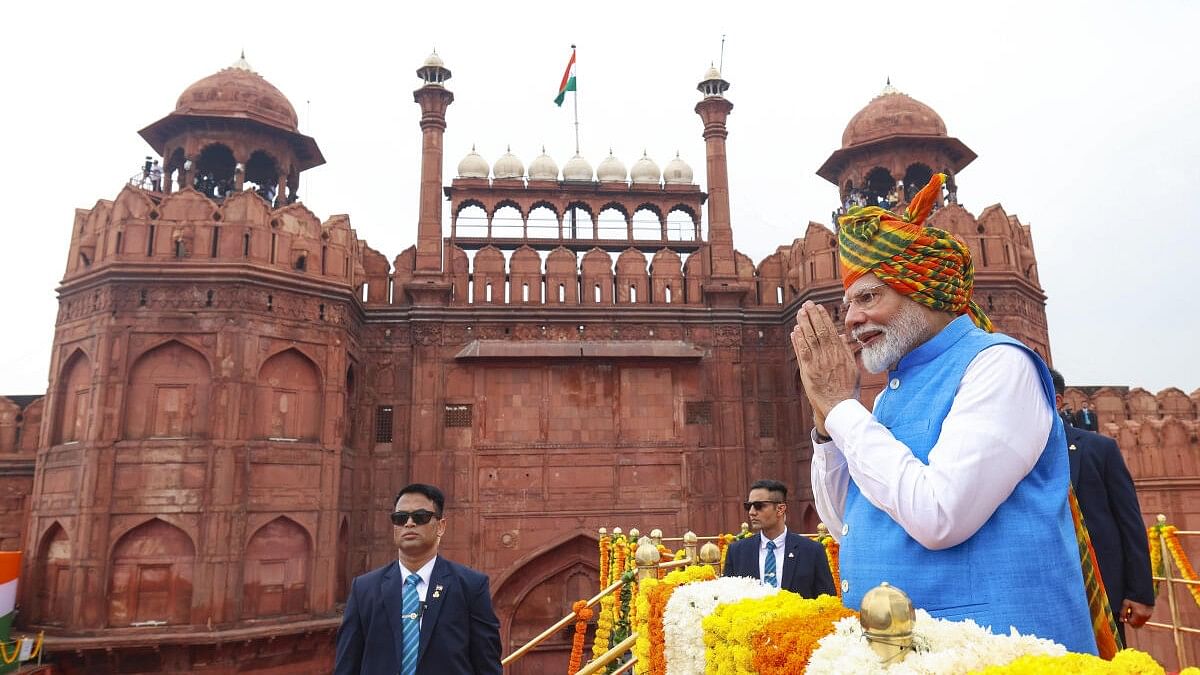
Prime Minister Narendra Modi took to X and extended his best wishes to Muhammad Yunus after the microfinance pioneer was sworn in as the chief advisor of the new interim government of Bangladesh on August 8. Yunus called Modi about a week later. Meanwhile, Pranay Verma, New Delhi’s envoy to Dhaka, had a courtesy meeting with Touhid Hossain, the advisor of foreign affairs of the government led by Yunus.
Notwithstanding its historic ties with Sheikh Hasina’s Awami League, India moved fast to engage the new dispensation that came to power in Bangladesh after her government fell on August 8 in the wake of a series of mass protests, first against reservation in public sector jobs and then against the crackdown on the agitating students and youths. Modi expressed concern over the attacks on the Hindus and other minority communities in Bangladesh, but he also reaffirmed India’s commitment to working with Bangladesh to fulfill the shared aspirations of both our peoples for peace, security, and development.
With Hasina, now charged with murder in her country, still in India, New Delhi is aware of the bumps on the road ahead for its ties with Dhaka, particularly with the prospects of Bangladesh National Party and Bangladesh Jamaat-e-Islami dominating politics in the neighbouring country again. But India’s engagement with the new regime in Bangladesh is consistent with its policy of keeping channels of communication open, irrespective of changes in political landscapes in its neighbourhood. The only exception to this policy is in the case of Pakistan.
Even when the focus was on the tumultuous change of regime in Dhaka, External Affairs Minister S Jaishankar visited Malé from August 9 to 12. This was his first visit to the Maldives after an ‘India Out’ campaign catapulted Mohammed Muizzu to the office of the president of the Maldives and he replaced his predecessor Ibrahim Solih’s ‘India First’ doctrine with pro-China policies, making India withdraw all military personnel deployed in the archipelago for humanitarian evacuations from far-flung islands. New Delhi, however, hosted Muizzu in early June to witness Modi taking over as the prime minister for the third term. During his recent visit, Jaishankar inaugurated several projects funded by India in the Maldives. He also called on Muizzu, who called India the ‘closest ally’ of the Maldives, signalling a turnaround in ties.
Foreign Secretary Vikram Misri was in Kathmandu from August 11 to 12. He called on K P Sharma Oli, who last month ousted Pushpa Kamal Dahal from power and returned as the prime minister of Nepal. During his last term as the prime minister, Oli had ratcheted up Nepal’s territorial dispute with India, apparently at the behest of China, and even got parliamentary approval for a new map of his country, claiming 400 sq. km of areas in Lipulekh, Kalapani, and Limpiyadhura.
In Sri Lanka, New Delhi started regaining the space it lost to China, even when Gotabaya and Mahinda Rajapaksa were still in power. India’s support during the 2022 economic crisis in Sri Lanka gave it an edge after Ranil Wickremesinghe took over as the president. New Delhi has not recognised the Taliban’s government in Kabul after the August 2021 change of regime in Afghanistan but continued informal engagement with it to deny Pakistan a strategic edge. India also continued engagement with the military junta in Myanmar, while continuing to argue for the return of an inclusive federal democracy to the neighbouring country.
